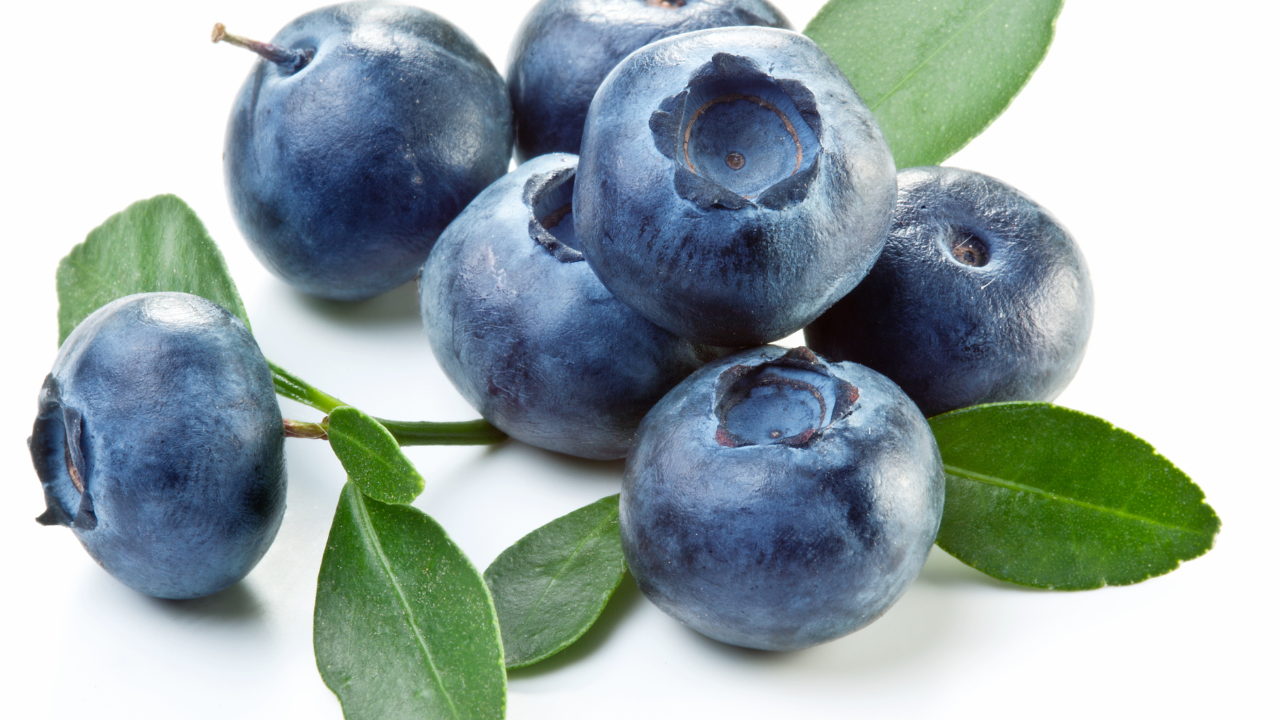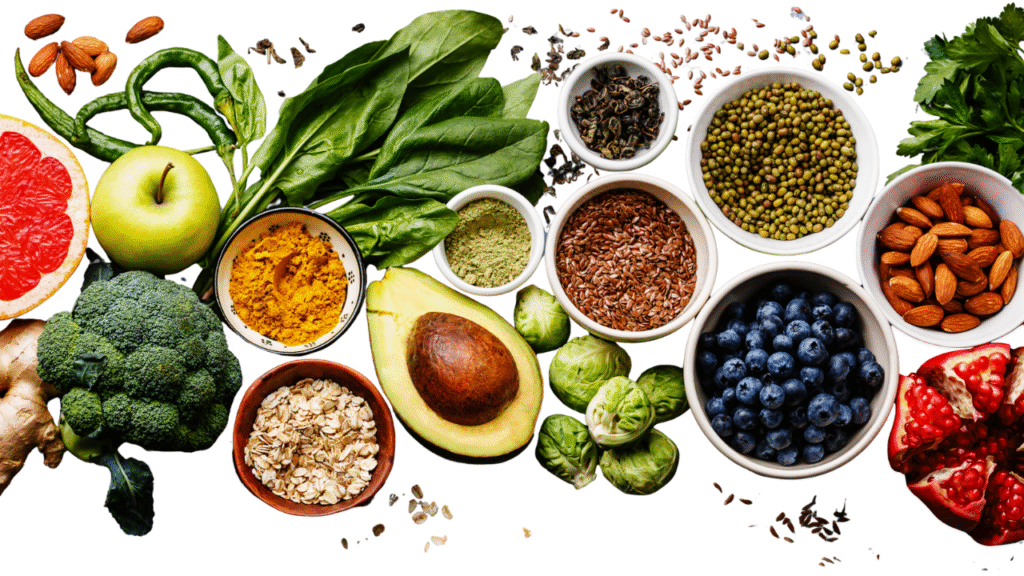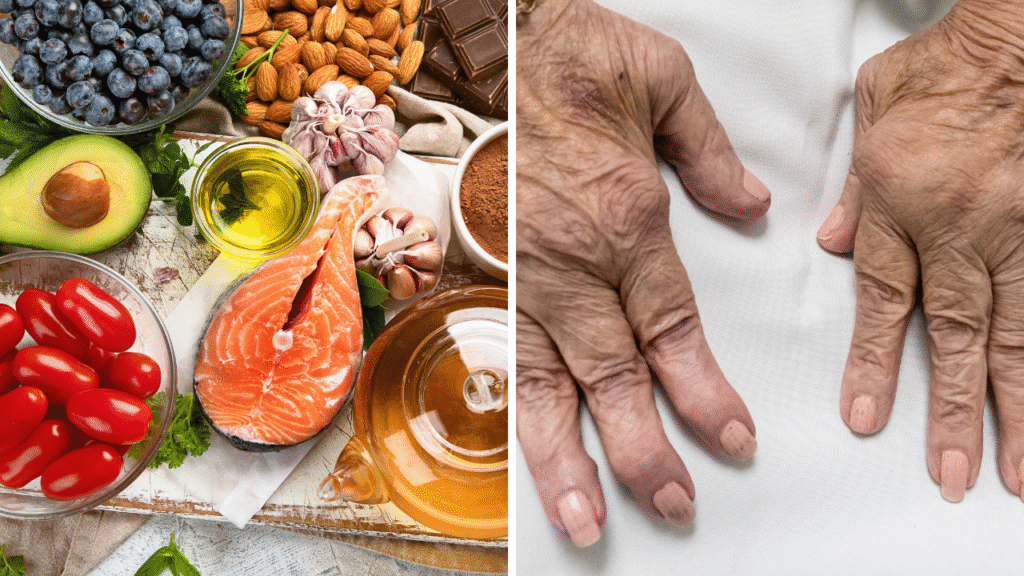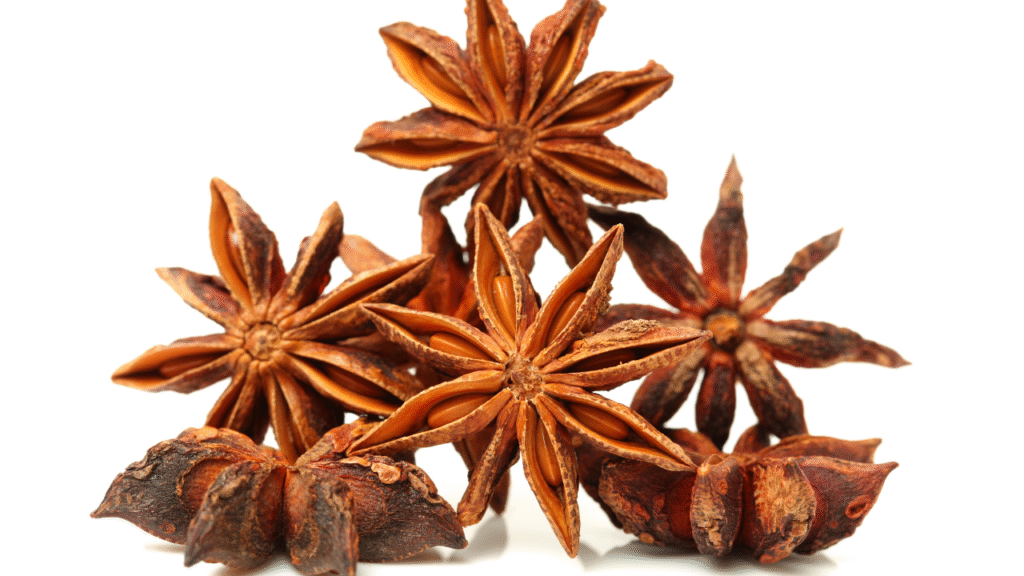To stay healthy, eat a variety of nutritious foods every day. Adding some or all of the foods on this list to your balanced diet can help improve your Health. While medication and therapy are essential, diet significantly impacts mental Health. Research suggests that certain foods can help alleviate depressive symptoms by supporting neurotransmitters such as serotonin and dopamine and enhancing gut-brain Health. Mood-boosting foods provide essential nutrients that can improve brain function and emotional well-being. Let’s examine foods that may help combat depression and promote overall well-being.
Fatty Fish
Fatty fish like salmon are rich in vitamin D and omega-3 fatty acids, which may help reduce depression symptoms for those deficient in these nutrients. The American Heart Association suggests eating two servings of fish weekly, including sardines, mackerel, herring, and trout, due to their high omega-3 content.
Why Omega-3s Help Combat Depression
- Support for Neurotransmitters: EPA and DHA play a crucial role in regulating neurotransmitters such as serotonin and dopamine, which are essential for mood, motivation, and emotional balance.
- Anti-inflammatory Effects: Depression is directly linked to low-grade inflammation in the brain. Omega-3 fatty acids are vital in combating this inflammation, as they effectively protect brain cells from damage.
- Improved Brain Cell Communication: These fatty acids help make cell membranes more fluid, which improves communication between brain cells.
How to Use
1. Grilled or Baked Salmon
Serve with steamed vegetables and quinoa for a complete mood-friendly dinner.
2. Canned Sardines on Whole Grain Toast
Quick, affordable, and packed with nutrients. Add sliced avocado for extra brain fuel.
3 . Mackerel Salad
Mix flaked mackerel with leafy greens, lemon juice, olive oil, and walnuts.
Pro Tips
- Eat at least 2–3 servings per week (one serving = 3.5–4 oz cooked fish).
- Choose wild-caught fish when possible—these often have higher omega-3 content.
- Minimize frying, which can reduce omega-3 levels—bake, grill, or steam instead.
- Supplements can help: If you don’t like fish, consider a high-quality fish oil or algae-based omega-3 supplement (especially for vegetarians).
Berries
Blueberries, strawberries, and raspberries are rich in antioxidants, such as flavonoids, which help combat oxidative stress, a factor associated with depression. These compounds play a role in protecting brain cells and promoting cognitive health. A 2017 review published in Nutrients demonstrated a positive connection between berry consumption and improved mood.
How to Use
- Add to Breakfast: Toss fresh or frozen berries into oatmeal, yogurt, or smoothies.
- Snack Smart: Enjoy a handful of mixed berries as a mid-morning or afternoon snack.
- Top Desserts: Use berries as a natural, sweet topping for whole grain pancakes or chia pudding.
Dark Leafy Vegetables
Dark, leafy greens like spinach, kale, collard greens, and Swiss chard are rich in nutrients such as folate, magnesium, and vitamin B6, which support the production of serotonin and dopamine, and are crucial for maintaining a healthy mood. Low levels of folate and magnesium can increase depression risk, while these nutrients also aid in detoxification and reducing inflammation, benefiting mental health.
How to Use
- Smoothie Boost: Add a handful of spinach or kale to your morning smoothie.
- Sautéed Side Dish: Lightly sauté collard greens or chard in olive oil with garlic.
- Salads: Use mixed greens as a base for your lunch or dinner salad.
- Soups & Stews: Stir chopped greens into hot soups for a nutritious lift.
Nuts and seeds
Nuts and seeds, such as walnuts, almonds, chia seeds, flaxseeds, and pumpkin seeds, are rich in healthy fats, protein, and key nutrients like vitamin E, magnesium, and zinc. These help support brain health and reduce inflammation. They also contain alpha-linolenic acid (ALA), a plant-based omega-3 that helps manage mood. Low zinc levels are linked to depression, and a 2019 study found that walnuts may improve mood in adults.
How to Use
- As a Snack: Eat a small handful (about 1 oz or 28g) of raw or roasted nuts/seeds as a midday snack.
Choose unsalted versions for heart health.
- In smoothies: blend chia seeds, flaxseeds, or almond butter for added fiber and omega-3 fatty acids.
- On Salads: Sprinkle pumpkin seeds, sunflower seeds, or crushed walnuts over salads for crunch and nutrients.
- In Baking: Add chopped nuts to muffins, banana bread, or homemade granola bars.
Use ground flaxseeds or chia seeds as egg substitutes (1 tbsp + 3 tbsp water = 1 egg).
Pro Tips
1. Watch Portions: Nuts and seeds are high in calories—stick to 1–2 handfuls per day.
2. Soak or Roast: Soak raw nuts overnight or lightly roast seeds to enhance digestibility.
3. Store Smart: Keep in airtight containers in the refrigerator or freezer to prevent rancidity.
Avocados
Avocados contain healthy monounsaturated fats, B vitamins, and potassium. B vitamins help regulate your mood and fight mental fatigue. The healthy fats in avocados support your brain function and reduce inflammation.
How to Use
1. Spread on Toast
Mash half an avocado with a pinch of salt and lemon juice.
Spread on whole-grain toast, Optional.
Top with tomato slices, boiled eggs, or chili flakes.
2. Add to Smoothies
Blend ¼–½ avocado into green smoothies for a creamy texture and healthy fats.
3. In Salads
Dice or slice avocados and mix them into fresh vegetable or grain salads for a buttery taste.
Pro Tips
- Choose Ripe Avocados: Gently squeeze—ripe ones yield slightly to pressure.
- Prevent Browning: Add lemon or lime juice and store leftovers with the pit.
- Portion Control: Half an avocado a day is a healthy serving size.
Whole Grains
Whole grains like oats, quinoa, brown rice, barley, and whole wheat bread are rich in complex carbohydrates. These carbs provide a steady release of glucose for your brain and help produce serotonin, which improves mood. Unlike refined carbs, whole grains digest slowly, preventing mood swings and energy crashes. They stabilize blood sugar and provide lasting energy.
How to Use
- Oatmeal Breakfast: Start your day with a bowl of oatmeal topped with berries and nuts.
- Quinoa Bowls: Combine quinoa with vegetables, beans, and a healthy dressing for lunch or dinner.
- Brown Rice Sides: Serve brown rice with grilled vegetables or fish for a hearty, mood-boosting meal.
- Whole Wheat Wraps: Use whole-grain tortillas for wraps filled with lean proteins and greens.
Aim for at least three servings of whole grains daily to support stable energy and mental clarity.
Dark Chocolate
Dark chocolate is not just a tasty treat; it can also boost your mood. It contains flavonoids, magnesium, and compounds that help release endorphins and support brain function. A 2019 study found that those who ate dark chocolate were 70% less likely to feel depressed. Eating dark chocolate in moderation may lower stress and improve emotional well-being.
How to Use
- Snack Smart: Enjoy a small piece (1–2 ounces) of dark chocolate with 70% or higher cocoa content as an afternoon pick-me-up.
- Melt and Drizzle: Melt dark chocolate and drizzle over fresh berries or banana slices.
- In Baking: Use dark chocolate chips in homemade granola bars, muffins, or healthy cookies.
- Smoothie Booster: Add a teaspoon of raw cacao powder to your morning smoothie.
Probiotic Food
Your gut is known as your “second brain” because it produces about 90% of serotonin, a mood-affecting chemical. Probiotics help maintain gut bacteria balance, which can reduce the risk of depression and anxiety. Foods like yogurt, kefir, sauerkraut, kimchi, miso, and kombucha support digestion, reduce inflammation and promote mental well-being.
How to Use
- Start with Yogurt: Choose plain Greek yogurt with live active cultures and add fruit and seeds.
- Fermented Side Dishes: Include a spoonful of kimchi or sauerkraut with meals.
- Probiotic Drinks: Sip on kefir or kombucha for a gut-friendly beverage.
Pro Tips
Pair probiotic foods with prebiotics (fiber-rich foods like bananas, garlic, and oats) to enhance their effects.
How to Use Mood-Boosting Superfoods
By combining protein, healthy fats, and complex carbohydrates.
- Meal plan weekly: Incorporate 1–2 mood foods in each meal.
- Snack smart: Replace sugary snacks with nuts, dark chocolate, or yogurt.
- Blend smoothies: Add berries, spinach, flaxseeds, and Greek yogurt.
- Hydrate properly: Drink water and herbal teas throughout the day.
FAQ
1. Can food alone cure depression?
No, food can’t fix depression by itself. Depression is a challenging problem caused by many things. Eating healthy food can help your brain and make you feel better. However, it’s also essential to talk to someone, such as a doctor or therapist, for help.
2. How fast can diet changes impact mood?
Some people notice minor improvements in their mood within a few days, especially when they reduce their intake of sugar or caffeine. To experience lasting changes, it typically takes 2 to 4 weeks of eating a healthy diet. Everyone is different, so be patient with your progress.
3. What nutrients are most important for depression?
Essential nutrients for mental well-being include:
Omega-3 fatty acids (found in fatty fish ) ,
B vitamins (present in leafy greens).
Magnesium (available in nuts, seeds, and whole grains).
Vitamin D (obtained from sunlight, fortified foods, and fatty fish) ,
Tryptophan (found in turkey and oats).
These nutrients play a crucial role in regulating neurotransmitters, such as serotonin and dopamine, which are strongly linked to mood regulation.
Conclusion
Depression is complicated, but small daily habits, especially those related to diet, can significantly affect your mood. Foods that boost brain health can lower inflammation and help keep your emotions steady. They are not a fix for depression, but they are a valuable, natural part of taking care of yourself.
Source Links
https://www.mdpi.com/2072-6643/9/2/158
https://neurosciencenews.com/dark-chocolate-depression-14641/
https://www.nature.com/articles/tp201629
https://vegnews.com/walnuts-reduce-stress-new-study










